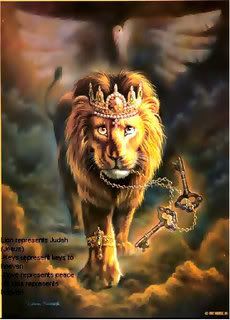For full article, see:
....
More recently, I [Damien Mackey] have proposed that the beautiful and virginal ‘Abishag the Shunammite’, nurse to King David (I Kings 1:3-4), was none other than the ‘Shunammite’ of the Song of Songs (6:13). That she was, in fact, Hatshepsut herself. It now looms as most likely, too, that the Tamar whom we met above, also beautiful and virginal, who was situated ‘at the palace’ of David when summoned by the lustful Amnon (2 Samuel 13:7), was this same Abishag (Hatshepsut). This would mean that Amnon had raped the girl even during the time when she had been nursing her father David. And Tamar’s off-handed treatment by her brothers (Amnon, but also Absalom) might explain much of the tension of the Song of Songs, the attitude of the brothers, the violence done to her by ‘the sentinels’, and young Solomon’s furtive visits to her, ‘gazing in at the windows, looking through the lattice’ while she languishes, desolate, in the palace of her brother Absalom (e.g. 2:9; 3:3; 5:7; 14:8, 9; cf. 2 Samuel 13:20).
Hatshepsut, meaning ‘foremost of women’, would be a fitting description for Abishag, who was chosen for King David over all of the beautiful noblewomen in Israel (I Kings 1:3), she being ‘the fairest among women’ (Heb. hayyapha bannashiym) of the Song of Songs (1:8). ‘I am black but beautiful, O daughters if Jerusalem’ (v. 5). Did she even have Nubian blood in her veins? I had quite forgotten Dr. Danelius’s suggestion (I do not have the article) that the queen of Sheba had travelled to King Solomon from Seba, mentioned in Isaiah along with Ethiopia and Egypt (Isaiah 43:3). The other name, Tamar (Tamar[a]), may even be a hypocoristicon, inverted, of Maat-[ka]-ra, Hatshepsut’s throne name. Abishag was said to have been of Shunem, a very important place at the approximate time (e.g. El-Amarna letter 274). But she is apparently later, during Solomon’s early reign, situated in Egypt, or Seba. Later she ‘returned’ (I Kings 10:13), and became pharaoh – but Solomon (as Senenmut) never lost contact with her.
What is certain is that she, as Hatshepsut, had been designated for rulership by her father, pharaoh Thutmose I (= David); her coronation being step for step like that of Solomon’s by King David as I showed in my 1997 article. The pharaoh (David) then gave to her the throne name, Maat-ka-ra (Tamar?). This scenario may explain why Solomon himself is thought to have undergone two accessions (cf. 1 Chronicles 23:1 & 29:22), firstly also perhaps as pharaoh (Thutmose II of about 14 years of reign), and then definitively as the King of Jerusalem. Also certain is that to have attained the hand of Abishag was to have attained the kingdom (I Kings 2:22).
....


